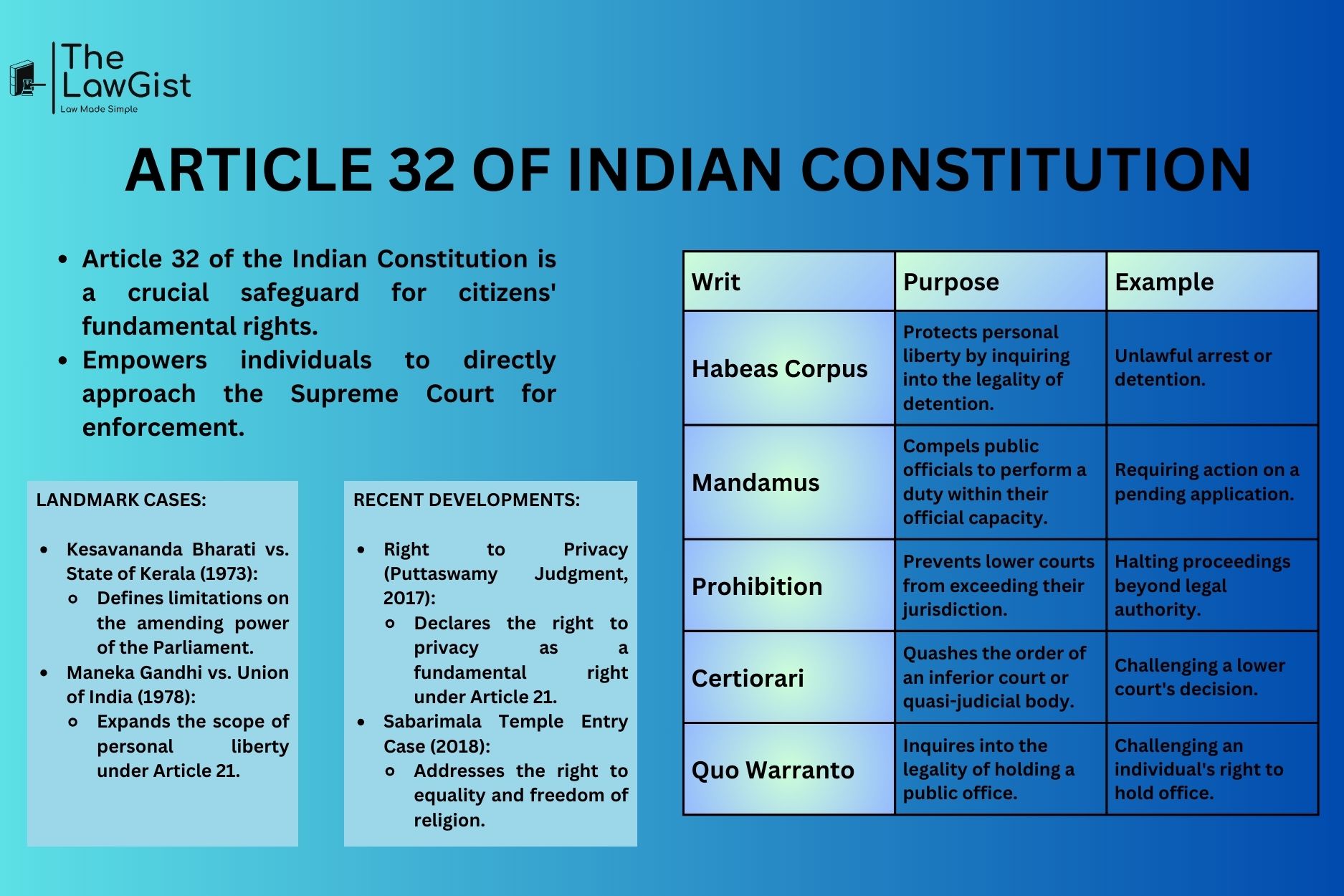
Title: The Essential Function of Judgment in Human Behavior
Judgment is an inherent aspect of humanity — a cognitive instrument that aids us in maneuvering through life’s complexities, evaluating risks, and establishing boundaries that protect our well-being. Rather than being solely a moral or philosophical idea, judgment is rooted in both emotional responses and logical reasoning, influencing our perceptions of the world and our interactions with others. Therefore, cultivating a profound understanding of the mechanics of judgment — and differentiating between its beneficial and detrimental forms — is crucial for our development and relationships.
Grasping the Essence of Judgment
At its essence, judgment is impartial. It is not inherently beneficial or detrimental but acts as a tool for decision-making and survival. From determining what to consume to choosing whom to trust, our minds are perpetually assessing and evaluating. Nonetheless, the effect judgment has on our existence relies significantly on our manner of application — either with conscious intention and constructiveness or through impulsivity and destructiveness.
Judgments can be divided into two categories: objective and subjective.
1. Objective Judgment
Objective judgment is based on facts, evidence, and logical reasoning. It involves rational evaluation and remains uninfluenced by personal feelings or biases. For instance, recognizing that a street is closed due to construction represents an objective judgment grounded in observable reality.
2. Subjective Judgment
Conversely, subjective judgment arises from personal feelings, preferences, beliefs, and past experiences. These assessments are often made rapidly and are rooted in personal interpretation. For example, concluding that someone is unfriendly because they did not smile at you is a subjective judgment shaped by expectations or insecurities.
The Judgment Pitfall: When Subjectivity Dominates
Challenges arise when we overly identify with our subjective judgments, taking them as definite truths. Such snap judgments can lead to misunderstandings, bias, and societal fragmentation by emphasizing differences and promoting an “us vs. them” mentality.
While subjective judgments may emerge unconsciously, we are not powerless against them. Awareness and self-reflection empower us to discern which judgments derive from emotions and which are informed by careful consideration.
Discernment vs. Judgment: A Thoughtful Difference
Discernment involves employing objective reasoning to make informed choices. It is purposeful, reflective, and intentional — the mindful pause that allows us to contemplate a situation from various perspectives.
Recognizing the difference between discernment and knee-jerk judgment is vital. Discernment enables us to select our reactions rather than respond based on outdated beliefs or emotional triggers. For example, rather than deeming someone as unreliable for being tardy, discernment may prompt us to inquire about the challenges they are encountering while still appreciating the importance of timekeeping.
The Significance of Mindfulness in Nurturing Discernment
Mindfulness — the practice of experiencing the present moment without judgment — serves as a valuable resource in developing discernment. By staying anchored in awareness, we can intercept our subjective judgments, contemplate their origins, and evaluate whether they benefit us or harm others.
This introspective methodology allows us to release judgments that foster division or solidify emotional wounds. Instead of suppressing judgment, mindfulness encourages us to observe, comprehend, and respond wisely.
Reflect and Release: A Practical Exercise
Take a moment to jot down a few judgments you’ve recently formed. Then, consider:
– Are these judgments objective or subjective?
– Am I reacting out of fear, prior experiences, or presumptions?
– What do these judgments reflect about me?
– How would it feel to let go of them?
For example, labeling someone as boastful may indicate our discomfort with confidence — likely highlighting our personal self-esteem struggles. This shift in perspective can be transformative for self-discovery and emotional recovery.
Our Inner Reflection: What Do Our Judgments Reveal?
Ultimately, the judgments we cling to are frequently mirrors — reflecting not the imperfections of the world, but overlooked aspects of ourselves. Each reaction, each internal narrative provides an opportunity for a deeper comprehension.
By recognizing our projections and releasing unhelpful judgments, we cultivate empathy, connection, and personal evolution. We start to perceive others — and ourselves — more clearly.
Conclusion: Redefining Our Connection with Judgment
Judgment is an indispensable component of human cognition. It assists us in decision-making, ensuring safety, and navigating life. However, it must be utilized with caution and discernment. If unchecked, subjective judgments can lead to disconnection, conflict, and isolation. In contrast, objective judgment, guided by discernment, allows us to engage with life compassionately, wisely, and confidently.
The aim is not to eradicate judgment entirely but to foster the awareness necessary to differentiate between what benefits us and what divides us. Our judgments of the world profoundly influence our experiences within it. Through mindfulness and purposefulness, we can transform judgment into a means for growth — rather than an obstacle to connection.
As we continue to evolve as individuals and as a community, let us illuminate our judgments, reflect on what they uncover about us, and contemplate which